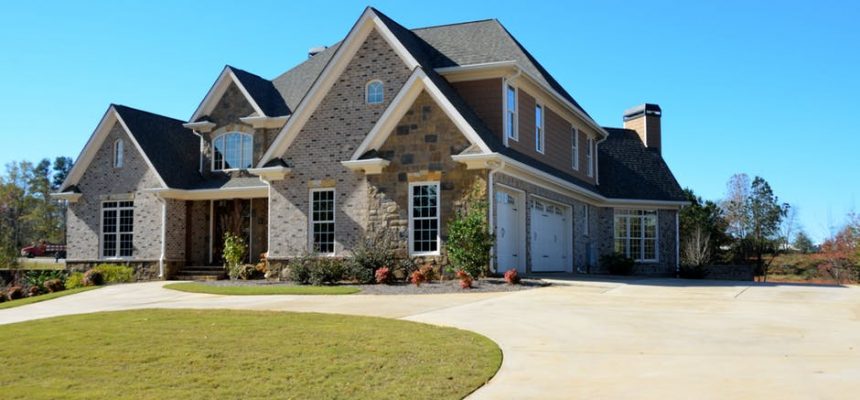Which home improvements make for good financial investments?
- by Edward Mengl -
- May 17, 2018 -
- 0 Comments

From the moment you view a property you’d like to buy, you’ll be thinking of how you can improve it, whether to suit your own individual style, such as getting a new kitchen or to create further space, such as a loft conversion. But of the upgrades you can make, which ones are more likely to add value to the selling price of your home?
Some works count as maintenance, not improvement
People generally live in a property they’ve bought for more than 10 years as a rule and in the course of a decade, there’ll be considerable wear and tear and you’ll have to carry out work to stop some fixtures and fittings from deteriorating. It’s important to realise therefore that things like repainting a room from time to time will just maintain your property’s current market value, it won’t increase it.
On the other hand, it’s generally the case that if you convert a loft space, if it’s correctly built and receives the appropriate sign-off, the selling price of your dwelling in general terms should rise.
You should always ensure that you do get the appropriate sign-off if and when appropriate; if you don’t, when you sell up the fact is likely to be discovered by your buyer’s conveyancing solicitor and might seriously hold up your sale.
Research price ranges of local properties
You should examine what comparable properties in your area are selling for using online sources but you should be careful not to rely too much on ‘For Sale’ properties as these have not yet completed and may not actually sell for the advertised price. You may even choose to get in a local RICS surveyor or estate agent to give you their opinion of the property’s current value and value if you complete your intended works.
Speak to a local builder and get a quote for the labour and materials to complete your project. If it turns out to be greater than the uplift in selling price you’d expect to receive then you may still want to go ahead if the improvement means that your quality of life improves – not everything in life is about financial returns after all!
So which improvements are likely to mean an uplift in selling price?
| Type of Improvement project | Does this increase the property’s sale price? |
| Loft /cellar conversion | Yes |
| Extension | Yes |
| Garage | Yes |
| Parking space (non-garage) | Yes |
| Land purchase | Possible, depends on area |
| Change internal structure (non-extension) | Possible, needs to be considered an improvement |
| Central Heating | Yes |
| Double Glazing | Yes |
| Replace kitchen | Not guaranteed, may just be considered maintenance |
| Replace bathroom | Not guaranteed, may just be considered maintenance |
| Internal Redecoration | No |
| Pebble-dashing, white-washing etc. | Debatable, depends on the local market as well as taste considerations! |
| Gardening | Not normally |
| Rewiring | Not normally |
| Replumbing | Not normally |
| Replacing a radiator | No |
Create space to add value
The rule of thumb is that if you add more space in your property, then your sale price should increase. Structural additions, including extensions, loft/cellar conversions and building garages and adding bedrooms are what you should commonly consider. Always read up on your local council planning permission guidelines and rules before you start; something which is classed as a permitted development is unlikely to be if, for example, your building is listed or in a conservation area.
You should always balance investment potential with how much you think your project will improve your happiness while you continue to live in your home. Extra space which allows your family to grow and stops you having to ‘trade upwards’ is going to be a plus even if the cost of development wipes out any gain in the property. And you should additionally factor in all the costs – and stresses – which accompany moving. These may well make staying put and developing even more attractive.
Marcus Simpson
Editor


